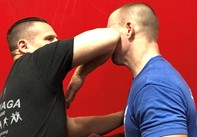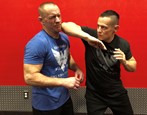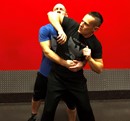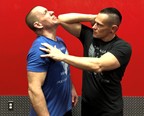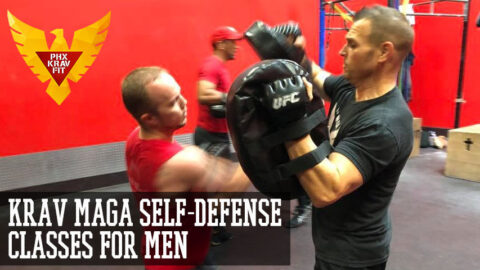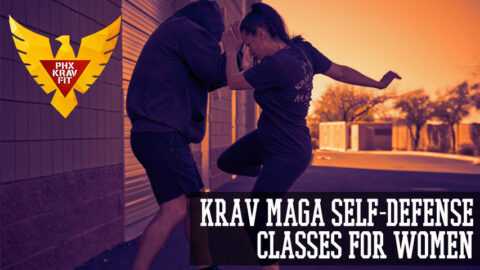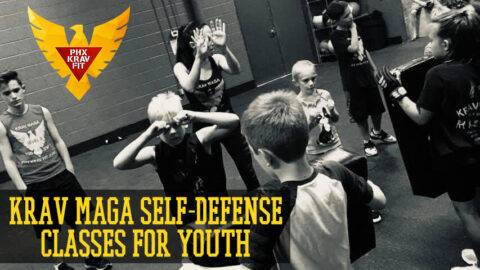Self defense Move, Better Than In The Movies
When considering all of the different self defense moves and techniques out there, only a few come to mind which truly yield what I call leveraged power. Meaning, when we assume the attacker is bigger and stronger (which you always should), finding and using moves which pack the most bang for your buck is key.
The unfortunate thing is that the technique I’m going to talk about here is shown in countless movie fight scenes, and after the actor is hit with it, most keep on fighting like they barely stubbed their toe. When in reality, when hit with this tool, done properly, the energy verse result ratio is very much in your favor of taking out whoever is attacking you.
Furthermore, this move is quite versatile, as you can use it to strike adversaries who are in front of you, on your side, in back of you and even use it on the ground. This high “bang for your buck” move is also encouraged when defending against weapons, and needing to take someone out of commission very quickly.
Therefore, do not let the movies fool you into thinking it is not effective, as even sports like boxing and many mixed martial arts tournaments have either out outlawed its use, or how it is used, including targets you can strike.
So what is this self defense move?
It’s the elbow strike. Basic? Yes. Effective? More than you think. Versatile? Very much so.
The elbow strike is not using the arm in a “flipper like” motion where you use the top of your elbow and or forearm. In reality to maximize our power, you want to use the front flat part of your elbow which you can see easily by bending your arm. Note this is not the part of your elbow associated with your funny bone. Also note in the accompanied picture, exactly where this area is, as this is the part you want to strike with called the medial epicondyle.

Next, although the elbow strike is very versatile, as it can be used to strike upward vertically and even horizontally, my suggestion is to use gravity on your side, and strike in a downward diagonal motion.
Lastly, as stated earlier, bend your arm. The more we bend it, the more your “elbow bone” or medial epicondyle will protrude and be exposed for a very hard striking surface. I see too many people barely bending their arm, and more or less simply “butting” their tricep or forearm area into the target as opposed to using the much harder tip of the medial epicondyle bone.
If you take these tips, and combine it with my three step process of “Bend, Raise, Strike”, it will help you throw the best and strongest elbow strike. Once again bend your arm, raise your elbow above your head and strike it down diagonally, ideally going through the temple and bridge of the nose of your attacker.
Using this information, the elbow can be used to strike to the side, rear and even on the ground. Please not the additional pictures which show the different angles. Having this tool in your arsenal takes little practice, and yields great power especially against bigger and stronger opponents, so make sure you have it!

